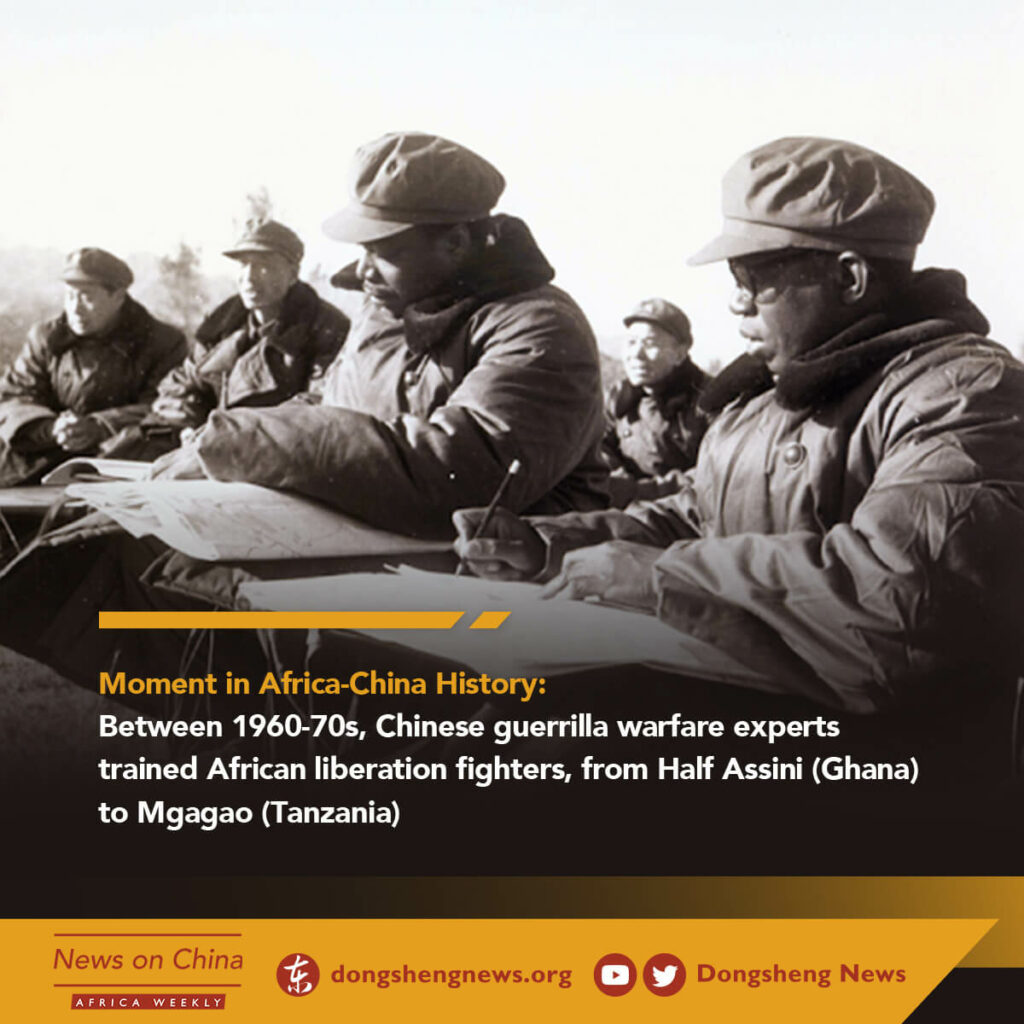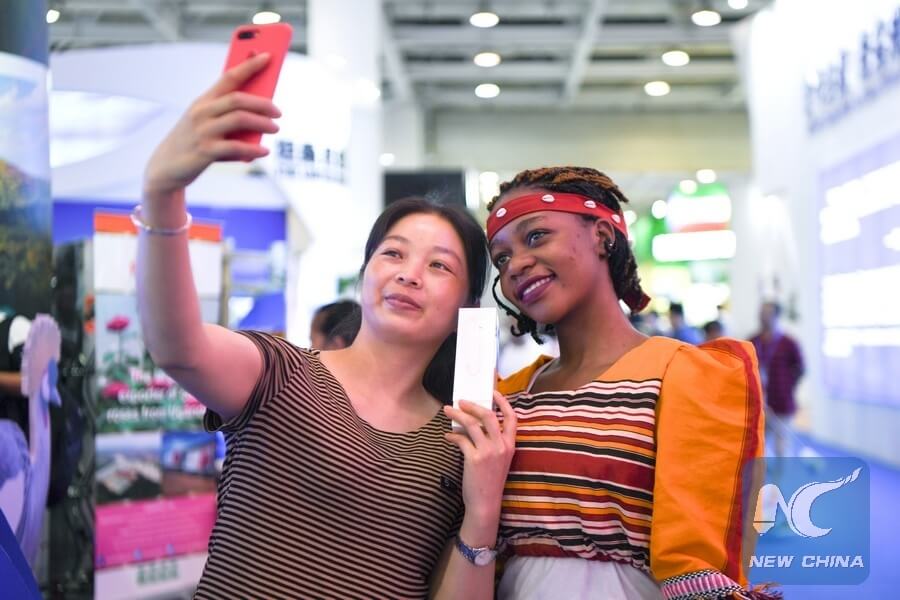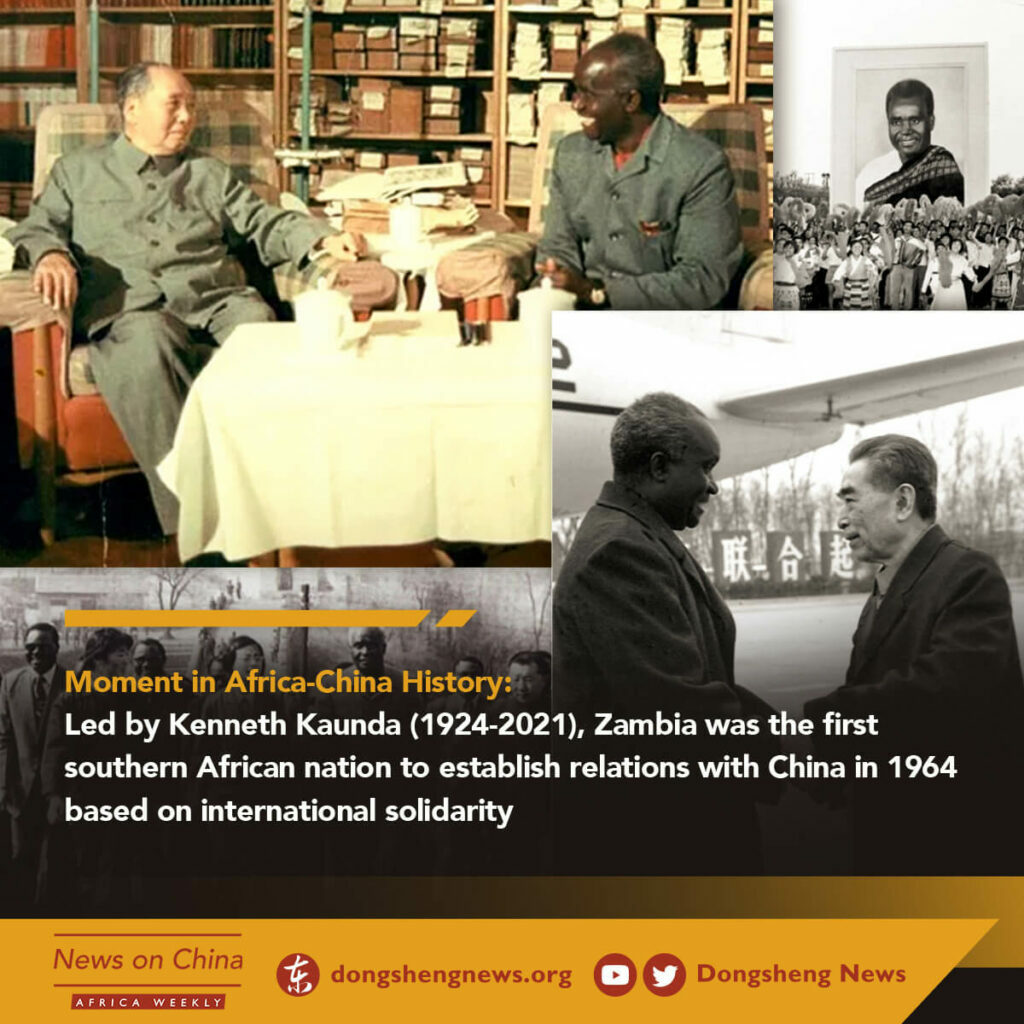
Vice Foreign Minister Qiao Guanhua at UN Assembly hall, 1971 [via China Daily]
Dear reader,
This week, Tings Chak published an article at the Tricontinental: Institute for Social Research (English, Portuguese, Spanish, French) about the recent overhaul of the billion-dollar private tutoring sector in China and the new measures to reduce pressure on students. In an interview with Opera Mundi’s Breno Altman (Portuguese), Marco Fernandes spoke on several topics, including the real estate and energy crises, Taiwan, and the return of the Party to the “mass line.”
Read, watch, and share!
– Dongsheng editorial collective

Moment in History
On 25 October 1971, the United Nations General Assembly overwhelmingly voted in favor of restoring the seat of the People’s Republic of China at the UN. After 22 years of US-led exclusion, the “resolution 2758” vote replaced the Kuomintang-led government in Taiwan with the PRC as the sole representative of China in the UN. On this historic moment, Mao Zedong affirmed that China’s role is to voice support for countries fighting foreign interference, aggression, and control.

Geopolitics
President Xi upholds multilateralism and “opposes hegemony of all forms” at 50th anniversary of China’s seat being restored in the United Nations
Majority support of the 1971 UN General Assembly countries, including recently independent African, Asian, and Latin American countries, broke the US-led blockade; China is now the UN’s largest contributor of peacekeepers and second-largest funder
Chinese magnesium production falls due to soaring demand and input prices, and caps on energy use and emissions
China accounts for 85% of global production, which has seen prices increase 75% in the last month; exports are expected to fall 10%, worrying reliant European aluminum producers and are calling for intervention from EU governments
Over 80% of global high-purity quartz supply is in the US, crucial for making polysilicon, the main raw material for solar panels
Despite leading global solar panel manufacturing (Xinjiang), China relies on importing the rare metal monopolized by two manufacturers (Belgian and Norwegian) in North Carolina, USA; but Chinese company owns intellectual property of special quartz manufacturing processes

Science and Technology
Chinese scientists establish the world’s first integrated quantum communication network, an “unhackable” system stretching 4,600 km
Network combines 700 optical fibers with two ground-to-satellite links to serve over 150 industrial users, including state banks, power grids, and governments; research was led by Pan Jianwei from the University of Science and Technology

Economy
Foreign Direct Investment (FDI) in China grew 19.6% year-on-year (Jan-Sept 2021) to US $129.26 billion
In this period, 36,000 foreign-invested companies were created (+36.5% year-on-year), the second highest number in 20 years; FDI increased in the services (22.5%), hi-tech industries (29.1%), hi-tech manufacturing (15.2%), and high-tech services (33.4%)

National Politics
China will implement urban residential property tax pilot, aiming to increase tax revenue and reduce real estate speculation
Goal is to decrease dependence on land use concession sales for local government revenues (US $1.3 trillion, 2020) and to contain the long-term rise in real estate prices; the government yet to announce cities included in five-year pilot

Agriculture and Environment
China outlines plan to reduce CO2 emissions and increase clean energy to 25% of total in 2030, and over 80% by 2060
Policy includes measures to control coal power production, specific emission targets according to industry, and banning new energy-intensive projects (oil refining, ethylene); government reaffirms commitment despite the current energy crisis
Government releases report on state-owned natural resource assets, calling for strengthened protection and efficiency in their use
China’s state-owned lands (523.3 million ha) include construction (17.6 million ha), agriculture (19.6 million ha), and wetlands (21.8 million ha), with 173 types of minerals; in last five years, the government resolved 4,300 compensation cases for ecological damage

People’s Life and Culture
Boosted by livestream culture, China’s Generation Z are consuming more domestic products but accumulating more debt
Born between 1995 to 2010, Gen Z have greater Chinese cultural confidence and identification than prior generations, but spend 13% of the household income (vs. 4% in US and Britain) and owe half of the country’s credit card debts
Government estimates that 24.6% of teenagers suffer from depression and proposes mental health courses and services in schools and universities
Measures encourage discussion and destigmatizing psychological suffering while incentivizing students to seek psychotherapy services offered at schools; high pressure for school performance is one of the main causes of stress in youth

“Lipstick king” livestream celebrity, Li Jiaqi, promotes made-in-China products [Sina]
Subscribe to News on China. The digest is published every Saturday in English, Spanish, Portuguese, and French.
Follow our social media channels:
- Twitter: @DongshengNews (English), @DongshengNewsES (Spanish), @DongshengNewsBR (Portuguese)
- Telegram: News on China, Noticias de China, Notícias da China
- Instagram: @DongshengNews
- YouTube: Dongsheng News













